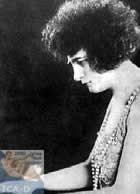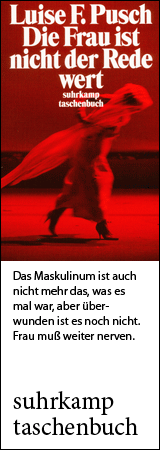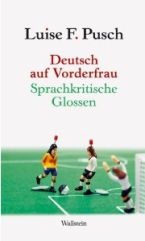
born on September 27, 1882 in Düsseldorf, the German Empire
died on March 31, 1968 in Tutzing, West Germany
German pianist
Biography
You have bad hands…If you don't want to embarrass yourself and me in the future, you must not play in public for three years.
These were the discouraging words that Theodor Leschetitzky, the great pianist and teacher who had studied under Czerny, had for his master student Elly Ney. The day after receiving this verdict, Elly Ney called upon Emil von Sauer, who had studied under Liszt, and asked if he would take her on as a student. After listening to her play, he said:
You have everything you need. I have never seen such good hands.
Ney was 21 years old at the time and a graduate of piano studies with Isidor Seiß at the Cologne Conservatory, where she had passed the entrance exam at the age of ten and received the Mendelssohn Prize at the age of 19. Her humiliating experiences with Leschetitzky stemmed from the fact that the teacher stressed technical perfection, while the student strove for intuitive sound production. Ney decided to listen to her inner scale, which Sauer apparently valued more highly than his colleague. She completed her studies in 1904, then succeeded her teacher Seiß at the Cologne Conservatory and began her international career.
Beethoven, whom she regarded as a kindred spirit, was at the center of her musical oeuvre. She saw it as her calling to bring his music to her fellow human beings, devoting herself to this task with incredible dedication and rarely allowing herself more than a week's rest. In addition to her concert engagements, she played for children in schools, for soldiers in military hospitals, and for prisoners in penitentiaries. She offered concerts free of charge to workers who could not afford to buy tickets.
From 1921 to 1930, she performed mainly in America. This period also saw her divorce from Willem van Hoogstraten (father of her daughter Eleonore) and her second marriage to Paul Allais, which also ended in divorce. During the war years, Ney taught at the Mozarteum in Salzburg. One of her former students wrote:
Elly Ney, who was completely averse to knowing better and wanting to lecture others, always knew how to help us with her ... advice.
During the Nazi era, Elly Ney was on the “Gottbegnadeten-Liste” (Führer list) of the most important artists in the Nazi state. On December 14, 1940, she wrote to the Propaganda Ministry about a trip she planned to Nazi-occupied Holland:
I am not very comfortable with the idea of staying at the Hotel Central. In any case, I hope that there are no Jews there anymore, as there used to be.
In her Memoirs and Reflections: My Life in Music from 1957, she completely glosses over her Nazi past. (according to Klee 2007:432).
After the war, brilliant piano virtuosos became popular in concert halls, and Elly Ney went “out of fashion,” as music critic Joachim Kaiser put it (somewhat tactlessly?). But he also noted:
Whatever one may think about the dangers of pianistic high priesthood, one must bow before Elly Ney.
(Text from 2001; updated on March 31, 2007, by Luise F. Pusch; translated with DeepL.com; edited by Ramona Fararo, 2025.
Please consult the German version for additional information, pictures, sources, videos, and bibliography.)
Author: Mechthild Winkler-Jordan
Quotes
Young people trust their leaders unconditionally because their leaders have adopted the idealistic goals prescribed by Adolf Hitler. (Elly Ney, 1938)
There lives a woman near Munich who understands better than Michelangeli and Gould how Beethoven needs to be played. ... Again and again, she was intent on expressing what pianists seeking to bedazzle prefer to gloss over: the intensity/emotionality/intimacy. (Joachim Kaiser)
If you hold the rights to one or more of the images on this page and object to its/their appearance here, please contact Fembio.



